The first six months of editing video are a strange time. You feel excited because you are finally creating something. You also feel totally lost. Maybe you download a perfect stock clip, only to realize it has a logo on it. You scramble to find a way to remove video watermark overlays so you can actually see if the clip works in your edit. You try three different software programs just to do one simple task. You might stumble across tools like Vmake or DaVinci Resolve and feel overwhelmed by the number of options.
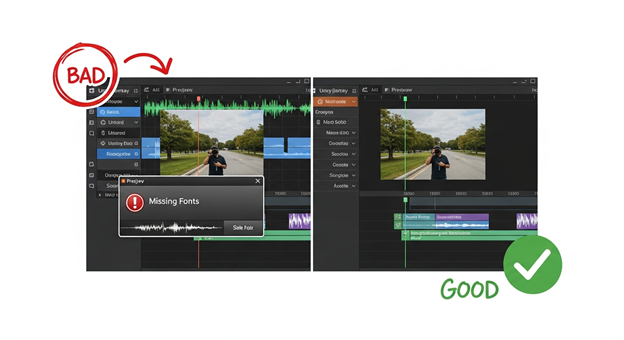 The gap between being a beginner and becoming a pro isn’t just about knowing the software. It is about knowing what not to do. Here are the top 10 mistakes you should avoid.
The gap between being a beginner and becoming a pro isn’t just about knowing the software. It is about knowing what not to do. Here are the top 10 mistakes you should avoid.
1. The “Everything Needs a Transition” Phase
New editors love the effects panel. It is like a toy box. You see Star Wipes. You see 3D cubes spinning. You see cross-dissolves. You want to use them all. You think a flashy transition will make the video look “produced.”
This is the biggest giveaway of a newbie. Professional video editing is usually invisible. Watch a movie or a high-end commercial. Most of the cuts are just cuts. One clip ends. The next one begins. That is it.
2. Bad Audio Mixing
You spend hours color grading your footage. You make sure the lighting is perfect. Then you leave the music at full volume.
Viewers will forgive bad video quality. They will not forgive bad audio. You need to watch your audio meters. Your background music should usually sit very low. It should be felt rather than heard. Dialogue needs to be front and center. A good rule of thumb is to lower your music by 20 decibels when someone is speaking. Do not trust your ears alone. Trust the meters on your screen. If the red bar is hitting the top, it is too loud.
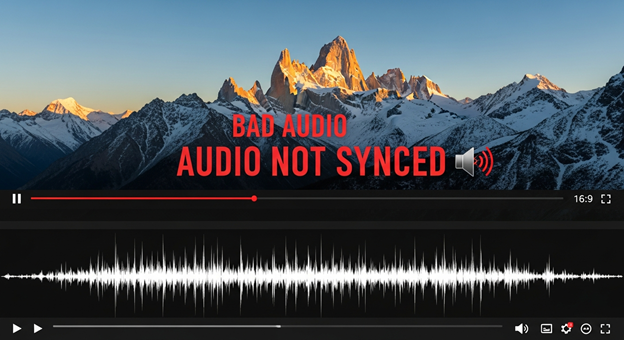
3. The “I’ll Fix It In Post” Mentality
You are on a shoot. The lighting is a bit dark. The camera is shaking a little. You tell yourself it’s fine. You think the computer can fix it later.
Editing software is powerful. It is not magic. You cannot fix bad focus. You cannot fix blown-out audio. You cannot fix a boring composition. When you rely on editing to save bad footage, you waste time. You spend hours trying to rescue a clip that should have been reshot.
4. Disorganized Files
In your first month, you save everything to your desktop. You name files “Video 1” and “Video Final.” This works for about two weeks. Then you start a new project. Suddenly, you have hundreds of files. You can’t find anything. Organization is boring. It is also essential, and it creates a system. Do this before you open your editing software.
5. Cutting Too Fast or Too Slow
Pacing is hard to learn. Some beginners leave long pauses. The speaker finishes a sentence. They take a breath. They look at the camera. Then the next clip starts. This feels slow. It bores the audience.
Other beginners go too far the other way. They cut out every single breath. The video sounds robotic. The speaker sounds like they are on a sugar rush. There is no room for the viewer to think. You need to find a balance. Let the video breathe when it needs to. If someone says something important, let the silence hang for a second. It adds weight to the words.
6. Inconsistent Color
You discover color grading. You find a “Look Up Table” (LUT). You drag it onto your footage. It looks cool. But then the next clip plays. The skin tones look orange. The sky looks purple.
Beginners often apply filters without first correcting the footage. One clip might be shot in the sun. The next clip is in the shade. If you put the same filter on both, they will look different.
7. Using The Wrong Slow Motion
Slow motion is cinematic. Everyone loves it. So beginners try to slow down everything. They take a clip shot at standard speed and slow it down to 50%. The result looks choppy. So, don’t add slow motion unnecessarily.

8. Ignoring Title Safe Margins
You make a title text. You pick a font. You put it right on the edge of the screen. It looks fine on your laptop. Then you watch it on a phone. The notch cuts off the text. You watch it on a TV. The edges are cropped out.
Video screens zoom in slightly. Phones have buttons and UI elements. You need to keep your text in the “safe zone.” Most editing software has a guide you can turn on. It shows you where the safe area is. Keep your text inside that box. It ensures everyone can read your titles, regardless of the device they use.
9. Editing Without Rhythm
Music has a beat. Speech has a cadence. Video should have a rhythm too. Beginners often cut visually. They see the clip end, and they cut. They don’t listen to the track. The result is a video that feels jarring. It fights against the music. It feels like dancing off-beat.
One habit you must strive to interweave with your video editing tasks in 2026 is “editing with Rhythm.” It should form part of your editing routine irrespective of the work’s scope.
10. Forgetting the Hook
You spend days editing the main part of the video. It is a masterpiece. But the first five seconds are boring. You start with a slow fade-in. You show a logo. You introduce yourself slowly. The viewer is already gone.
On Facebook, TikTok, and other top social media sites, you only have about three seconds. If you don’t grab their attention, they scroll past.
The Top Tools for the Job
Knowing the mistakes is half the battle. The other half is using the right tools. Here are three major things you can try:
Adobe Premiere Pro
This is the big one. If you want to work in the film industry or at a marketing agency, you need to know Premiere. It integrates with other Adobe apps, such as Photoshop and After Effects. It gives you total control. You can adjust every pixel. You can tweak every sound frequency.
The downside is the complexity. It is not easy to learn. You will need to watch tutorials. You will need to memorize keyboard shortcuts. It is a professional tool for professional work. If you are just making simple videos for fun, it might be overkill. But if you want a career in editing, it is the standard.
Vmake
Vmake sits in a different category. It is an AI-first video editor designed to create commercial content, such as UGC (User-Generated Content), without the usual manual labor.
I recently tested the tool, specifically the “Video Agent” feature. It is impressive. You don’t start with a timeline. You start with a static image or a prompt. I uploaded a simple screenshot of a product. The tool analyzed the image, identified the product, and automatically generated a script and video concept. It even handled the voiceover.
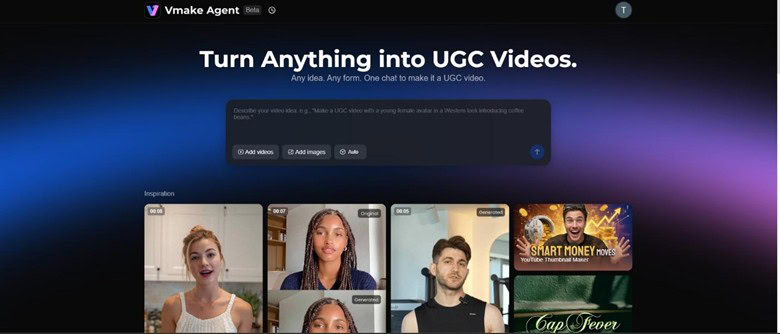
It effectively acts as a creative partner rather than just a tool. For e-commerce owners who need to test ten different video ads but don’t have time to edit them manually, Vmake is a massive time-saver. It creates the base video for you, which you can then tweak. It bridges the gap between a raw photo and a finished video ad in seconds.
CapCut
CapCut changed the game. It started as a mobile app but now has a desktop version. It is not as powerful as Premiere. You can’t do advanced color grading. The audio tools are basic. But for 90% of social media content, it is perfect. It is intuitive. You can drag and drop effects easily. It removes the friction from editing.
Conclusion
Editing is a journey. You will make bad cuts. You will ruin audio. That is how you learn. The goal isn’t to be perfect from day one. The goal is to get a little better with every project. You can also use tools like Vmake to make the process easier. These tools are just there to help you tell your story. The creativity comes from you!

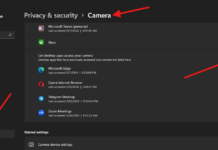
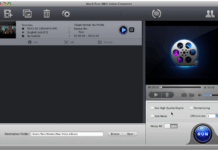
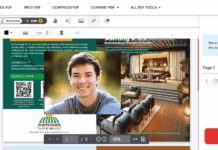
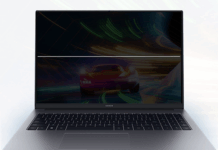














Learned a couple of stuff here. Thanks!